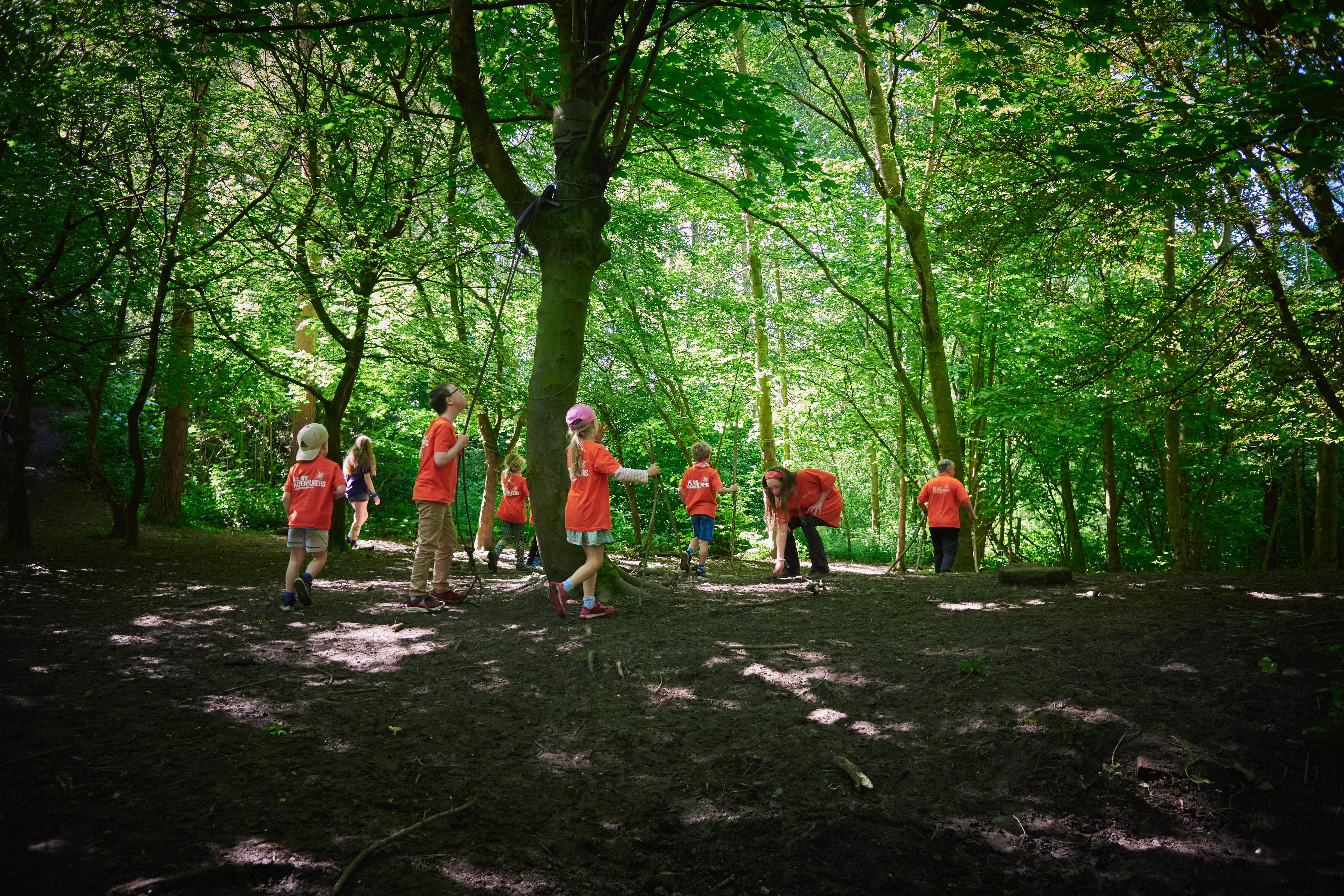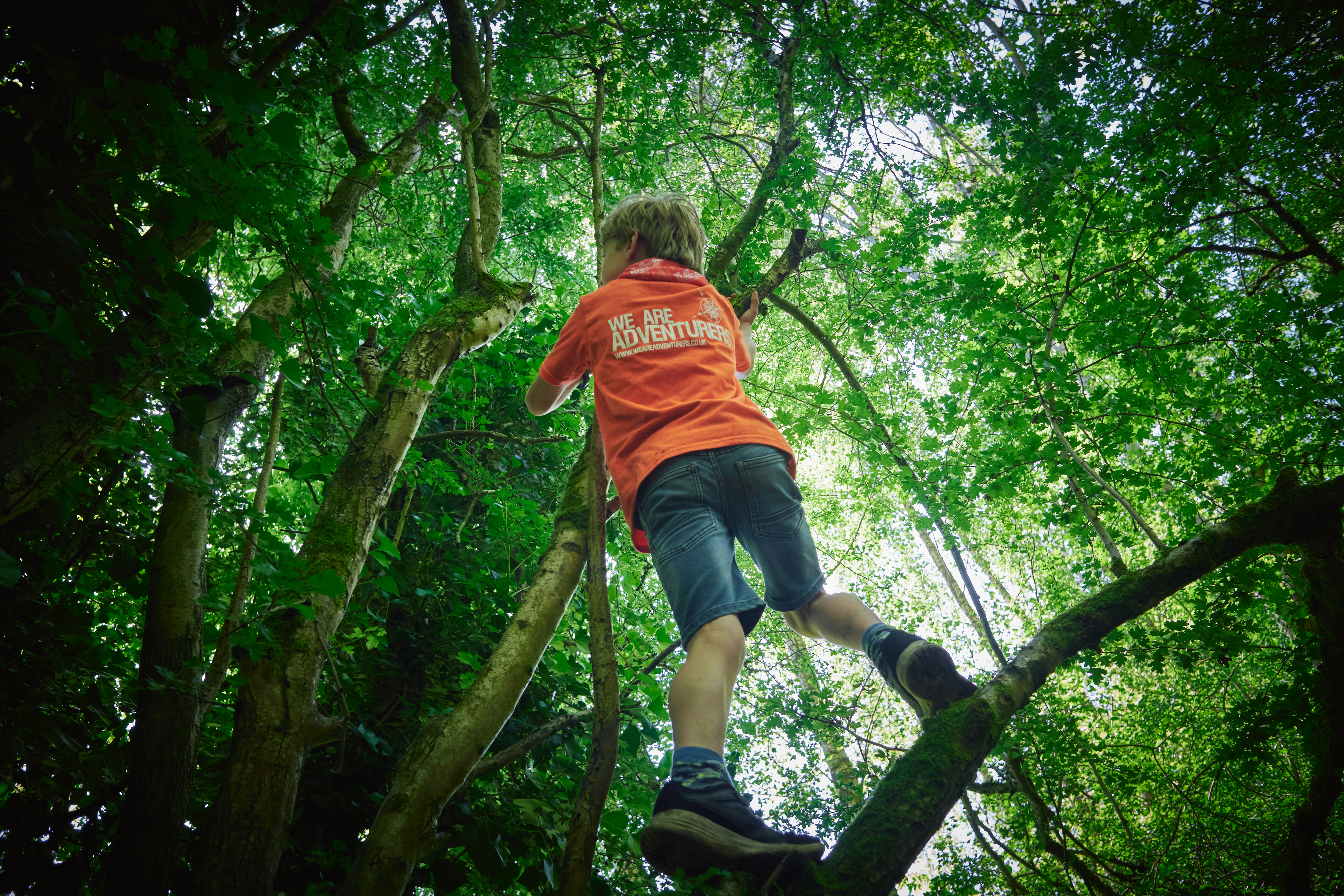
We Are Adventurers is calling on the Government to change their approach to engaging neurodiverse children in the classroom.
Since 2023, Paul has witnessed first-hand the dramatic shift in classroom dynamics as the Covid cohort has entered the education system. He is increasingly being called upon to deliver intervention work with neurodiverse children who haven’t developed the coping strategies needed to regulate their emotions and behaviours after missing out of key developmental experiences as toddlers.
“We all had different covid experiences. But if you were a neurodiverse only child with both parents working, you were very limited in your exposure to learning through play. This developmental gap is now playing out in the classroom. These children don’t know how to regulate their emotions and the teachers and support staff are having to invest their time and energy in engaging them which then has an impact on how they can get through their teaching agenda. Teachers are doing their best, but the current set-up is not working for them or their class.”
Paul, who served as an instructor in the British Army for 12 years, started We Are Adventurers in 2011 as part of the forest school movement. Paul also struggled in the classroom as a child, only being diagnosed as dyslexic when he was 15.
Now, he’s appealing to the government to make outdoor learning core for EYFS and KS1 and 2 to help Covid children learn empathy, resilience and basic communication skills to reconnect with the cohort.
Paul sees first-hand the struggles teachers and children are facing in classrooms to meet the needs of students with ADHD, autism, dyslexia and other neurodiverse conditions.
Recent studies have revealed that around one in five people in the UK are classified as being neurodiverse, however, faced with an ambitious curriculum and diverse range of abilities and learning styles, teachers can not meet the needs of every child.
Paul comments: “If the curriculum continues to neglect the subject of neurodiversity and the wider impact of Covid, we’ll keep raising generations of kids who are not connecting with the education system.
Paul suggests that the lack of support for neurodiverse students within schools is harming not only their learning but also their well-being, often leading to them feeling estranged from their peers.
Studies have shown that the alienation some students can feel in the classroom can link to later life depression and anxiety, revolving around self-doubt and not fitting in.
“I worked with a boy last year who was totally withdrawn in class after the effects of the pandemic, he wouldn’t even speak to his teachers. But after just a few outdoor sessions, something changed. He started making eye contact, joining in with group activities, and, most importantly, he started smiling again. That’s the power of outdoor learning.”
Paul has also shared his views on diagnosis at a young age. It is well documented that it can take up to a year to get an ADHD or Autism diagnosis for a child, an agonising wait during crucial stages of a child’s education.
“With the length of time it takes to get a diagnosis in the UK, why not create classrooms where all learning differences are accepted without the need for a label?”
“A diagnosis can help a child get support, but it can also make them feel ‘othered’ if not sufficiently supported.”
Paul and his team at We Are Adventurers believe the solution lies in shifting the system to be naturally inclusive, and outdoor learning is a key part of that.
“Outdoor learning creates an accessible, supportive environment where all children, not just neurodiverse ones, can feel safe, engaged, and included.
“Studies show that being outdoors is essential for maintaining good mental and physical health and in an age of ever-evolving technology, it’s key to not lose sight of the beauty on our doorstep.
“Other countries are embedding outdoor learning into education, so why is the UK still stuck inside?”.
We Are Adventurers is urging the government to take immediate action by increasing funding for SEND. Paul also believes that giving schools the flexibility to implement outdoor learning programmes could be a game-changer, ensuring that all children, not just those who fit the traditional mould, have access to an education that truly supports their needs.
The time for change is now.


